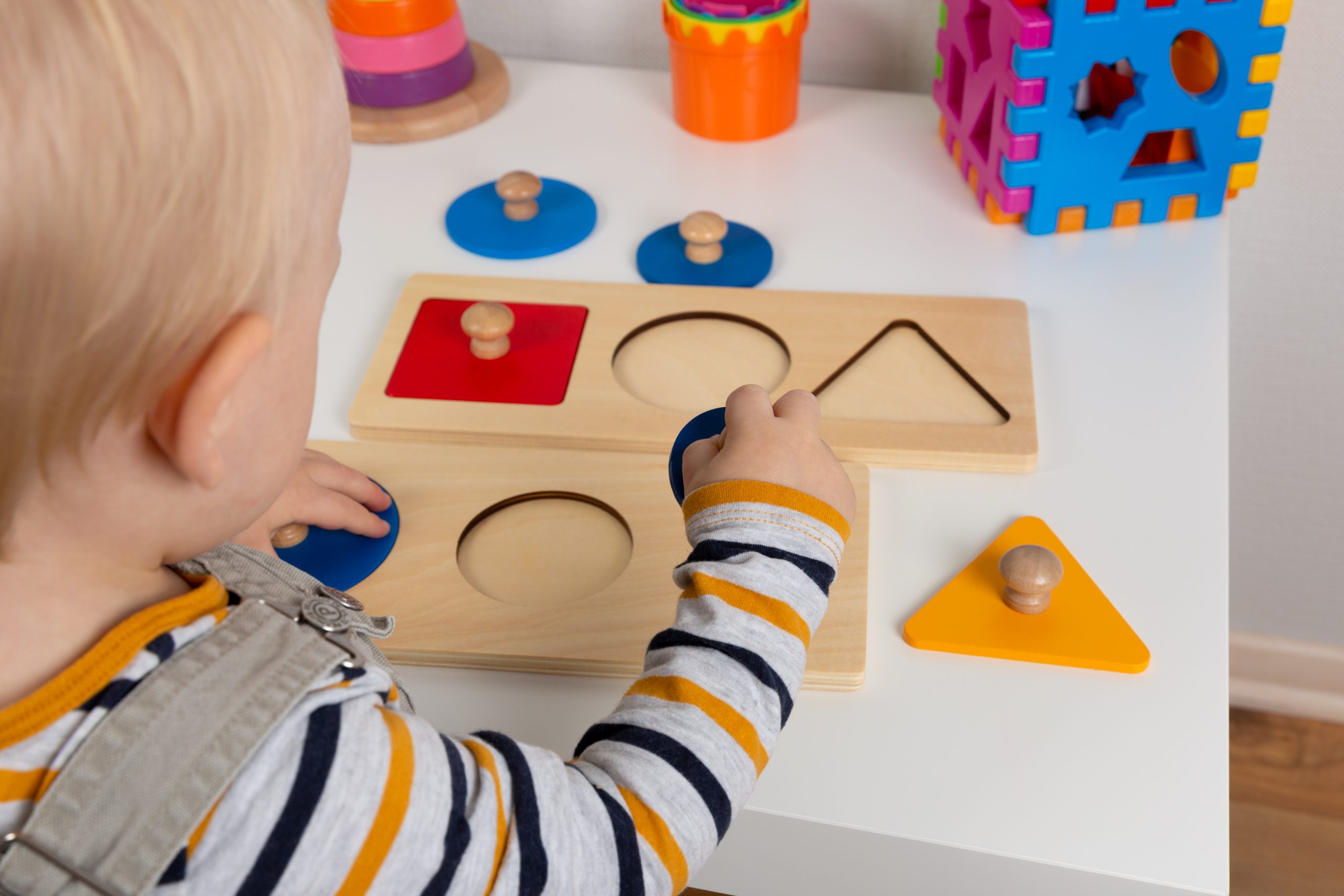Precision play is a dynamic approach to childhood development that places a strong emphasis on engaging and developing fine motor skills through creative activities. Recognizing the crucial role these skills play in a child’s overall growth, precision play integrates fun and purpose, creating an environment where learning becomes an enjoyable adventure. Fine motor skills involve the coordination of small muscles, particularly those in the hands and fingers. These skills are fundamental for various daily tasks, from buttoning a shirt to holding a pencil, and their mastery lays the foundation for academic success and independent living. In precision play, the activities are carefully designed to target specific fine motor skills while fostering creativity. For example, activities like finger painting not only encourage artistic expression but also enhance hand-eye coordination and grip strength. The tactile experience of manipulating the paintbrush helps refine the delicate movements required for precise control.

Another engaging activity is playing with building blocks, where children develop the dexterity to grasp and stack pieces, refining their spatial awareness and finger strength. The deliberate incorporation of these activities into playtime ensures that the learning process is seamless, making skill development a natural part of the child’s daily routine. One key aspect of precision play is its adaptability to different age groups and skill levels. Younger children might engage in activities like stringing beads, which not only enhances fine motor skills but also introduces basic patterns and colors. As children grow, the complexity of the activities can evolve, challenging them to refine their skills further. For instance, older kids might take on projects like origami, requiring intricate folding and precise manipulation of paper. The gradual progression in difficulty ensures that children are continually challenged, promoting continuous growth in their fine motor abilities. Parents and educators play a crucial role in facilitating precision play. By providing a supportive environment and the necessary tools, they empower children to explore and develop their fine motor skills.
Simple tools like scissors, tweezers, and even playdough become instruments of learning, fostering a sense of independence as children master their use Fine motor practice. Additionally, involving children in everyday activities, such as cooking or gardening, integrates fine motor skill development into real-world experiences. Slicing vegetables, planting seeds, or even buttoning a shirt become opportunities for hands-on learning, enriching the child’s skill set in a meaningful context. In conclusion, precision play stands as a holistic approach to childhood development, seamlessly blending fun and learning. By focusing on fine motor skills through creative activities, this approach ensures that children not only enjoy their playtime but also acquire essential skills for life. The deliberate integration of skill-building activities into everyday play fosters a love for learning and sets the stage for a lifetime of cognitive and physical success. As we embrace precision play, we unlock the door to a world where creativity and skill development intertwine, laying the groundwork for well-rounded individuals with a strong foundation for future endeavors.